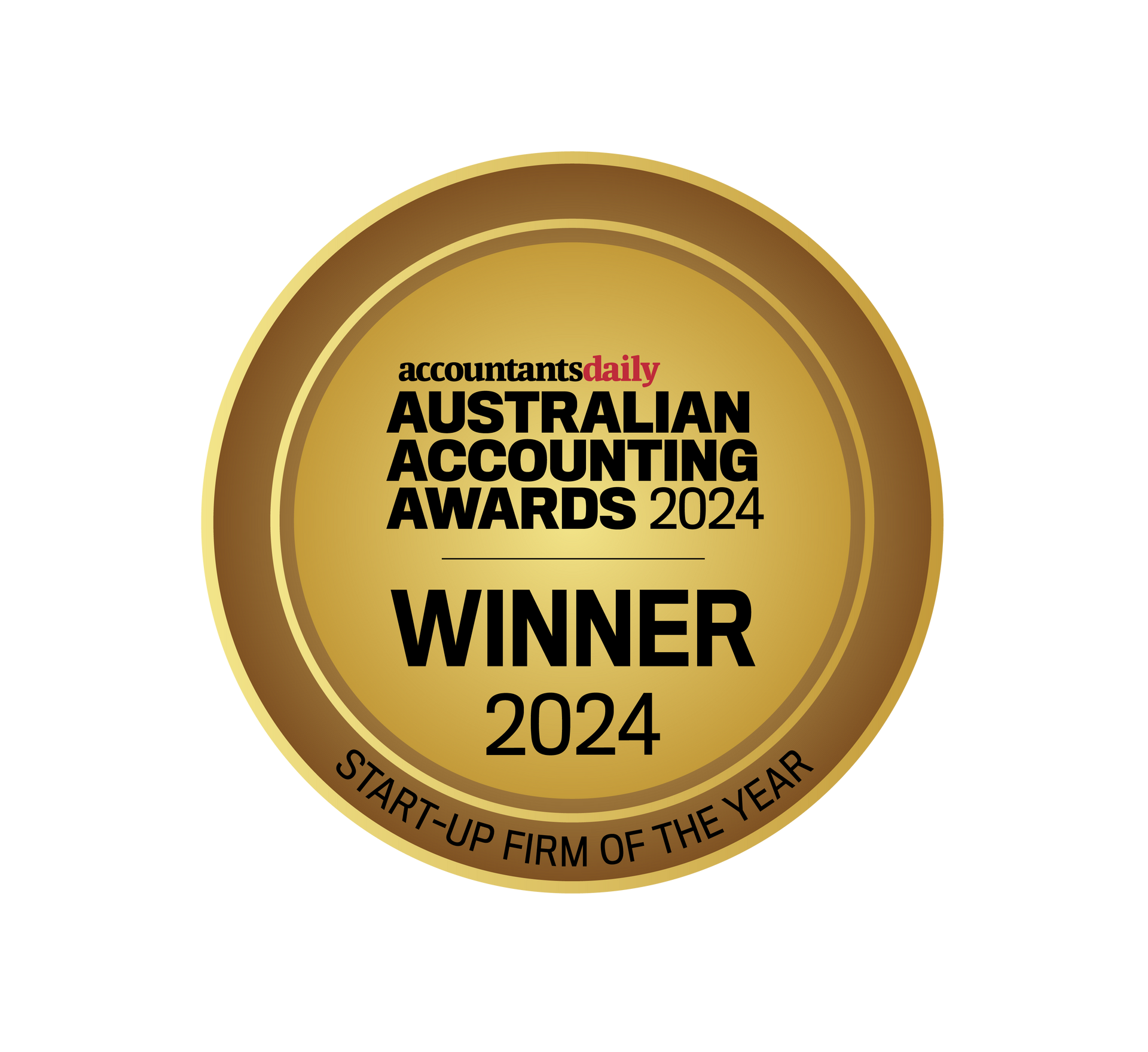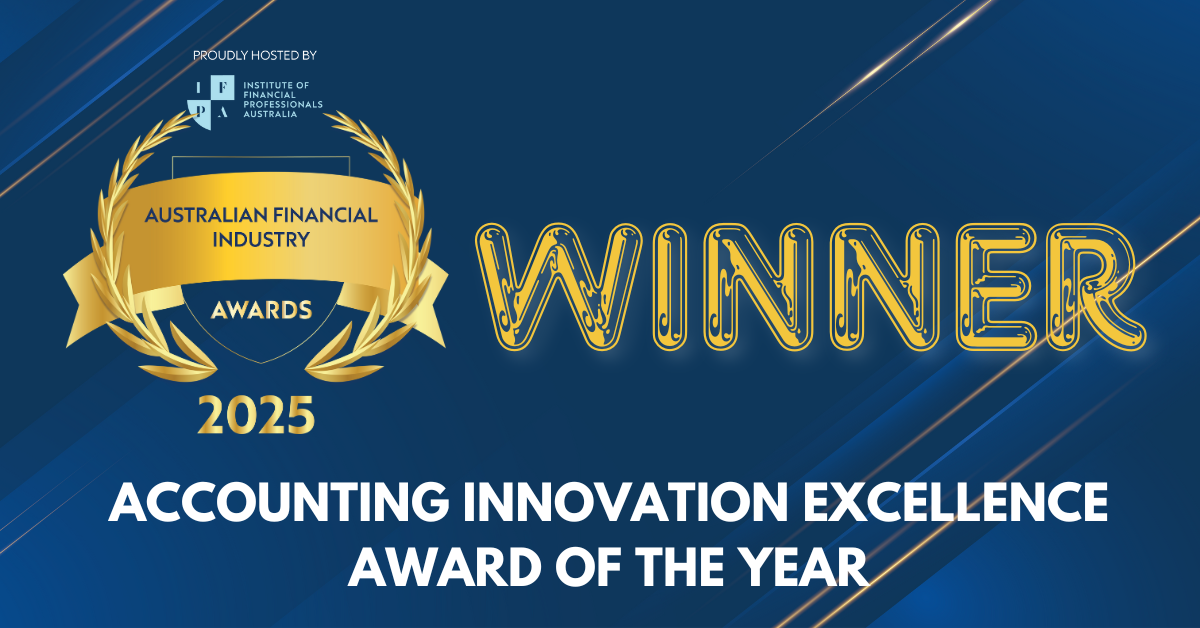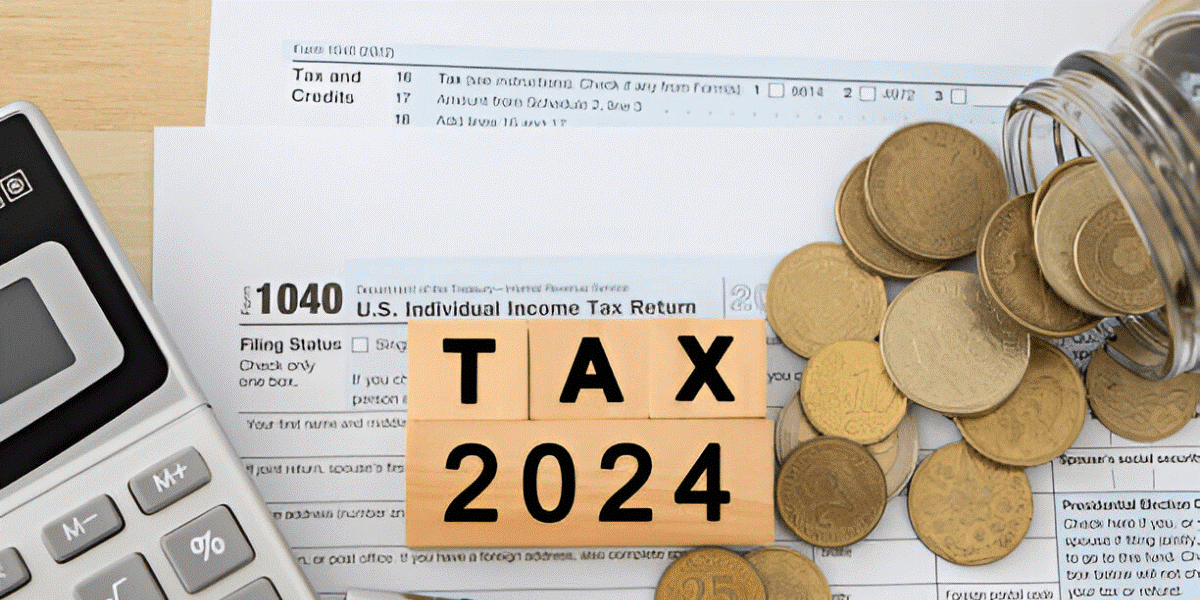By Alesha Masaud
•
November 13, 2025
However, as accountants, we often see generous business owners especially small business owners get hit with unexpected tax bills because they didn't adhere strictly to the complex rules around Fringe Benefits Tax (FBT) and entertainment. Knowing the rules before you book that venue or buy those gifts can keep your tax costs to a minimum. Here is our guide to navigating the "silly season" without a tax hangover. The Golden Rule: The $300 Threshold The most critical number to remember this Christmas is $300 (GST-inclusive). Generally, if providing a benefit (like a party attendance or a gift) costs less than $300 per person and is provided infrequently, it may be considered an "exempt minor benefit". This means FBT does not apply. However, there is a trade-off: if it is exempt from FBT, you generally cannot claim it as a tax deduction, and you cannot claim GST credits. Scenario 1: The Staff Christmas Party 🎉 If you are planning a celebration, the location and cost determine the tax outcome. On-Premises Party: If you hold a party on a working day on your business premises for current employees only, and it costs less than $300 a head, FBT does not apply. Be aware that this cost is not tax deductible and you cannot claim GST credits. Off-Premises (e.g., Restaurant): If you go out to a restaurant, FBT generally applies if the cost is $300 or more per head. In this scenario, because you are paying FBT, the costs are tax deductible and GST credits are available. If it costs less than $300 per head off-premises: The minor benefit exemption should apply (meaning no FBT), but the cost will not be deductible. Many businesses find that keeping the cost below $300 per head to avoid administrative FBT burdens, even if it means losing the deduction, has less of a cash-flow impact than dealing with grossed-up FBT amounts. Scenario 2: Employee Gifts 🎁 Not all gifts are treated equally by the ATO. You must determine if the gift is "entertainment" or "non-entertainment." Entertainment Gifts (e.g., theatre or sporting tickets, holiday vouchers): If these are under $300, they are usually exempt from FBT, but not tax deductible. Non-Entertainment Gifts (The Sweet Spot): This includes things like Christmas hampers, bottles of alcohol, or gift vouchers. Our Top Tip: Non-entertainment gifts costing less than $300 are the most tax-effective way to show appreciation. Because they are not "entertainment," they are generally exempt from FBT, tax deductible, AND eligible for GST credits—giving you the best of both worlds. Scenario 3: Gifting to Clients 🤝 Wining and dining clients might seem like good business, but it is generally considered non-deductible entertainment. A much more tax-effective approach is providing a non-entertainment gift. If the gift is made with the reasonable expectation of creating goodwill for future business, it should be tax deductible and the GST credits are claimable. Need Help Planning? Mixing attendees (employees, partners, and clients) can make these calculations complex, as you may need to track exactly who participated. If you need help sorting out the tax treatment of your upcoming celebrations to ensure you aren't overpaying, don't hesitate to give the best accountant in Sydney a call. Disclaimer: This information has been prepared without taking into account your objectives, financial situation or needs. Because of this, you should, before acting on this information, consider its appropriateness, having regard to your objectives, financial situation or needs.



















